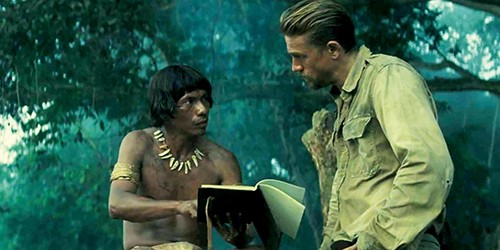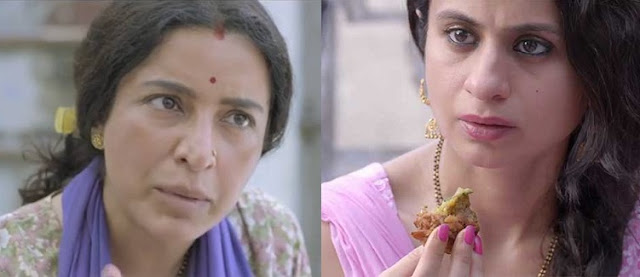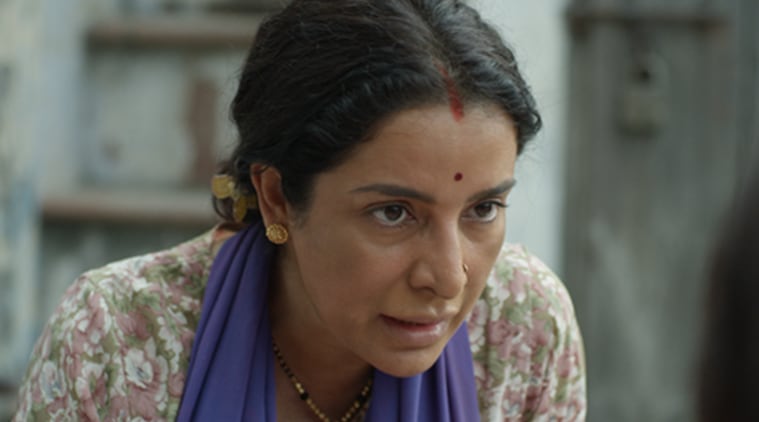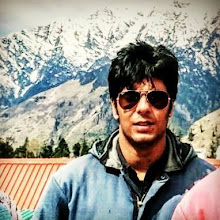I also want an adrenaline sequence all my own with the ‘Immigrant Song’ playing in the background! <So badass>
Before we proceed further,
heartiest congratulations to director and madcap enthusiast Taika Watiti for reclaiming
the phrase “Guilty pleasure” and painting Thor Ragnarok with it; body and
innards.
| Yep. That's him. Taika Watiti. The director. |
__________________________________
... This is the funniest, most
rib-tickling product by the Marvel banner yet, with often-misplaced moments of
comedy that had me going, “Why is this being done? This is weird. I really don’t
want to laugh at this. But it’s so funny!!” ...
__________________________________
Thor: Ragnarok continues after
the destruction of Sokovia in Avengers: Age of Ultron. The mighty Thor (Chris
Hemsworth) has become a ‘lone wolf’ of sorts, and has been bumbling about the
Nine Realms investigating about the Infinity Stones cropping up every here and
now, when certain circumstances require him to face Hela, the Asgardian Goddess
of Death (Cate Blanchett) and prevent Ragnarok i.e. Asgardian apocalypse. He
and adoptive brother Loki (Tom Hiddleston) almost join forces against her
before they accidently land up on a garbage planet Sakaar ruled by a flamboyant
being called Grandmaster(Jeff Goldblum), in whose gladiator pits he comes
across ol’ green Hulk (Mark Ruffalo) who seems to have developed a limited baby
vocabulary of his own. Rest of the film is about him forming a team and getting
back to Asgard to? Prevent Ragnarok, of course.
Thor: Ragnarok is exceedingly predictable,
literally all except the climax, and that’s despite the fact that it doesn’t
really follow the comic but that’s not the problem with it; it is a comic book
movie after all. The colour palette and action choreography is absolutely
spectacular, with particular scenes (especially the opening sequence) being so close
to comic book art, it’s astounding. And that’s definitely and obviously not the
problem with it.
My problem with the movie is the
very reason I or anyone else would love to sit through it again and again: the
comedy. Thor Ragnarok is exceedingly comic. Taika Watiti had made it
quite clear beforehand that the movie is being made a comedy, but there is no
single comical device that has been left out and that’s what makes those very
funny moments (a little) nauseating at times. It crams in elements of teen comedy,
buddy comedy, madcap and more than often slapstick comedy. There’s bit of
toilet humour too (You have no idea how literal I am being there).
Bad comic timing is a problem apparently
characteristic to Marvel films, though the magnitude was significantly lower
before. Ragnarok’s real plot, with its beloved characters and certain new ones,
becomes a sideshow attraction, merely in place as a structure for a
fundamentally comedy feature to stand upon.
Principal character descriptions
have been muddled tremendously.
 |
| Loki (Tom Hiddleston) |
- Loki’s suaveness has been shorn off him and in its place, we find a lowly person scrambling about to ensure a spoilt, flamboyant life for himself, amidst all manner of contempt and abuse; he’s basically turned from the God who almost destroyed NYC in the Avengers into a cosmic cockroach.
- Wasn’t Hulk ALWAYS angry? I mean, that was THE thing that makes him what he is. If he isn’t angry, he’s not in Hulk mode anymore. But here he fights, then he has a hot bath, full VERBAL arguments, after which he cracks jokes, and if he has time left he even throws childish tantrums. He even allows Valkyrie to play with him! One is forced to ask - Banner had to hide out in Calcutta, to contain THIS guy? He’s basically turned into a gladiator cum mollycoddle.

 |
| Hulk and Bruce Banner(Mark Ruffalo) |
- Bruce Banner finds himself on an alien planet unable to produce any account of events post Sokovia, and he behaves like a child in a fanfare. Everyone in this film, including the notoriously introverted Bruce Banner is a wisecracking clown.
_______________________________
... The scripting of the film appears to have been done by some Vine maker rather than mega-budget filmmakers ...
__________________________________
The scripting of the film appears
to have been done by some Vine maker rather than mega-budget filmmakers, with all
lines other than those spoken by Odin culminating into some wisecrack. Even Antman was a comedy essentially, but the
plot wasn’t being carried by it’s laughs, unlike Thor: Ragnarok. Plus, Antman
isn’t as essential and imperative a character as Thor, which allowed quite a
decent amount of wiggle room in terms of setting the tone of the movie. Even a
laugh riot like Guardians of the Galaxy had a pivotal emotional edge to it. Though
Waititi ignores this idea, and though it works if one considers Ragnarok a
standalone film, it does injustice to the continuity that Marvel has
established with regard to the character arc and story arc for Thor, even
though Ragnarok fares better in enjoyability over Thor 1 and 2, any day of the
week.
... The scripting of the film appears to have been done by some Vine maker rather than mega-budget filmmakers ...
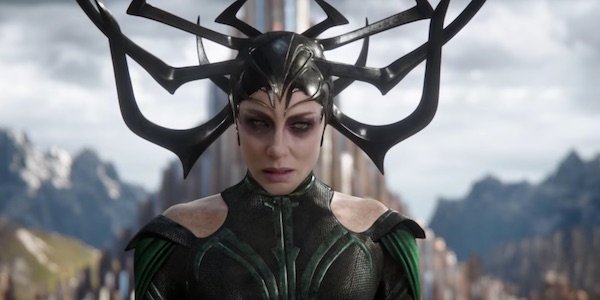 |
| Cate Blanchett as Hela |
3 new characters steal quite a chunk
of the show - Valkyrie, Korg and Grandmaster.
If Wonder Woman became the
princess of female representation, Valkyrie is nothing short of a knight. Tessa
Thompson plays the part of the rugged, hard-drinking and unquestionably kickass
Asgardian warrior with seemingly absolute ease, and every time she steps onto
the screen, she brings an expectation of extreme action, the likes of which few
female superheroes have been able to showcase. Korg is a stony gladiator who
Thor befriends on Sakaar. Played by Waititi, Korg is easily the most hilarious
element in the entire film. Talkative and relatively mild-voiced, he not-too-quietly
owns every scene he’s present in. Jeff Goldblum pulls a Goldblum as Grandmaster, meaning he does nothing but enjoy his time as himself, and we enjoy that, thoroughly.
__________________________________
FUN FACT: Unlike as in the comics, Waititi didn't let Grandmaster's face be painted completely blue, so that Goldblum needn't detract from his personality by concealing his appearance.
__________________________________
| Thor (Chris Hemsworth) |
Hemsworth had shown us previously in Thor 1 that the character had some comic potential, which was suppressed to promote a more ‘mighty’ persona. Thor Ragnarok helps him turn the tables, and help restructure the God of thunder in a much lighter and jovial spirit. In an attempt to restructure Thor’s arc from the previous films, Waititi made a film that helps Hemsworth make Thor one of THE most likeable characters in the Marvel Cinematic Universe, competing with even Iron Man. One gets to see many radical changes – the haircut just being one among them.
Keep eyes and ears open for some really wild cameos.
Everything in this film works,
but it would have been deemed more appropriate had it been a film without the
burden of following after 4 prequels and leading up to an impending universal
war. Thor Ragnarok stands out in the MCU like that rebellious cousin of the
family who is a genuine fun time but also kind of a delinquent outcast your
parents tell you to stay away from.






